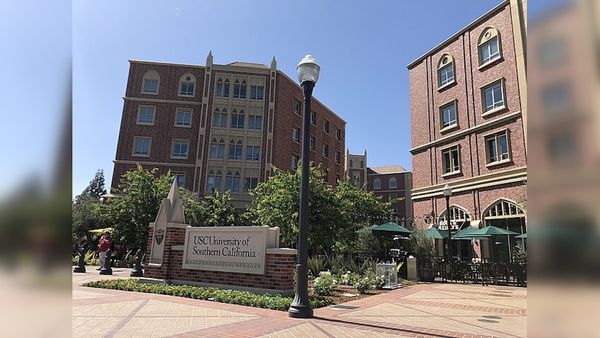
Mikhail Baryshnikov once told me that when he was making Rhapsody with Frederick Ashton, the choreographer used to walk into rehearsals with the Rachmaninov score turned down to mark how far they had got. In her programme essay, Jann Parry notes that he wandered into the creation of Scènes de Ballet with a book of advanced geometry under his arm, transforming theorems into floor patterns. Presumably, he arrived to make A Month in the Country, based on Turgenev, with a dog-eared copy of the play.
Extreme musicality, a refined sense of balletic symmetry and an understanding of narrative are all qualities that define the Royal Ballet’s founding choreographer, and they were all on display in this outstanding triple bill.
Scènes de Ballet, made in 1948, is in many ways Ashton’s most modernist ballet, its jagged angles and sharp juxtapositions perfectly matching the energy and shape of Stravinsky’s score. Like André Beaurepaire’s surrealist backcloth, it exudes a strange sense of otherness, of a story not quite told. The cast I saw was led by Vadim Muntagirov, finding height and finesse in jumps that rise from standing, but also channelling moments of still grace. As his ballerina, Sarah Lamb gleamed in lemon and black, her shoulders sloping in perfect epaulement.
That placing of the head and arms, the contrapuntal flow of lyrical energy through the back, is one of the qualities that makes Ashton difficult for today’s dancers to perform. It is what defines the Royal Ballet’s style, yet it is quite different from the more straight-on movement of much modern choreography; one of the pleasures of this triple bill is watching the company find their way into its rigorous complexities.

In the dramatic aspects of Ashton’s works, they are already comfortable. In A Month in the Country, each dancer recognises how the intricacies of the choreography represent the character of the people caught in this psychodrama. The bright runs and quick feet of the young ward Vera (sparkling Anna Rose O’Sullivan) reveal her hopes of love; Luca Acri’s acrobatics as Kolia show the buoyancy of boyhood, about to collide with the feelings of the adult world.
Above all, the arched back and bending swoons of Marianela Nuñez’s impassioned Natalia communicate both her overdramatising of her boredom and then – devastatingly – the depth of her feeling for the young tutor Beliaev, whose arrival in her family’s midst destroys its delicate balance. Matthew Ball makes the character both innocent – his pleasure in flirting with Leticia Dias’s uncomplicated maid is infectious – and unusually sexy. He bends into Nuñez’s body as if he is folding himself into his future. It’s a marvellous story, beautifully told, with a Chopin score wonderfully played by the pianist Kate Shipway.

Finally, the fun and dazzle of the abstract Rhapsody, from 1980, choreographed for the 80th birthday of the Queen Mother, and revived as the company’s nod to the Queen’s platinum jubilee. Marcelino Sambé looked initially nervous but soon shook it off to display with panache both his own charm and a series of gravity-defying revoltades; Francesca Hayward makes light and luscious work of skittering bourrées and embroidered arm movements. The entire programme feels like a celebration.
Scènes de ballet/ A Month in the Country/ Rhapsody is at the Royal Opera House, London, until 2 May







